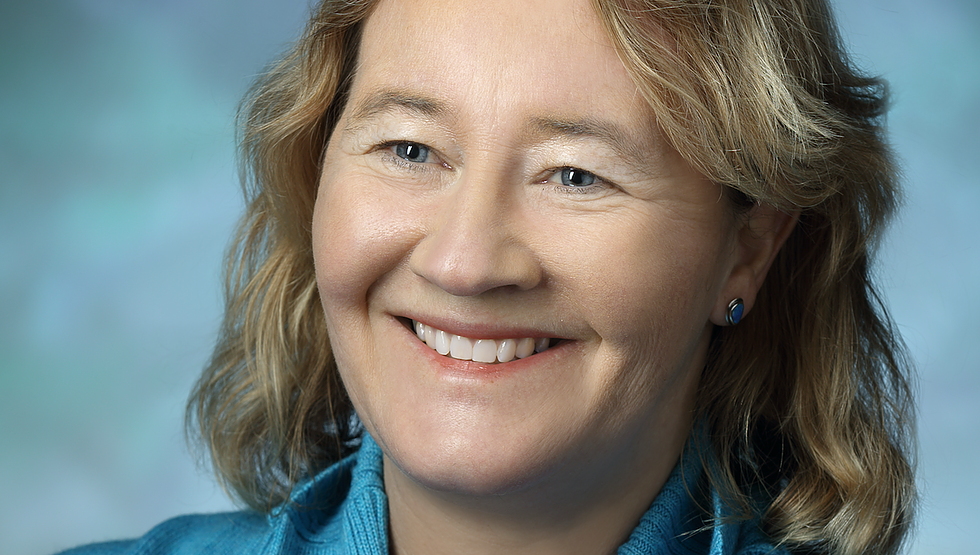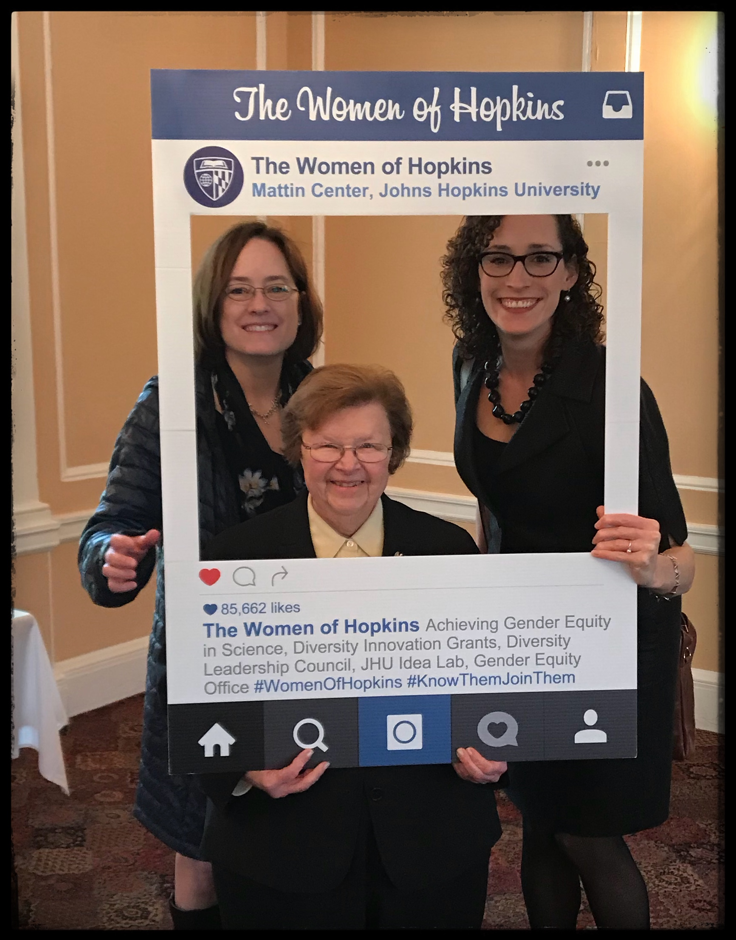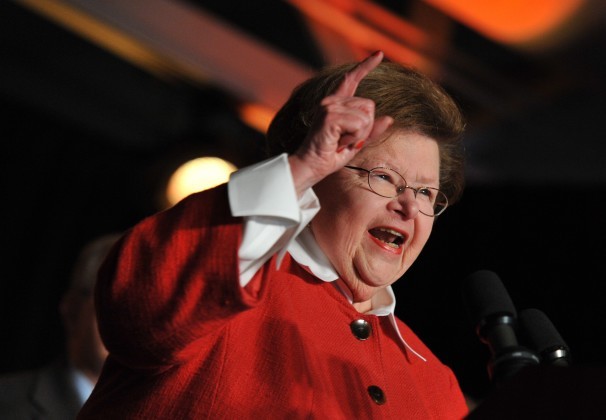Please read this comprehensive policy forum article published in Science yesterday. 
The authors are led by our own Hopkins faculty member and Nobel laureate, Carol W. Greider, and also include Jason M. Sheltzer, Nancy C. Cantalupo, Wilbert B. Copeland, Nilanjana Dasgupta, Nancy Hopkins, Jaclyn M. Jansen, Leemor Joshua-Tor, Gary S. McDowell, Jessica L. Metcalf, BethAnn McLaughlin, Ann Olivarius, Erin K. O’Shea, Jennifer L. Raymond, David Ruebain, Joan A. Steitz, Bruce Stillman, Shirley M. Tilghman, Virginia Valian, Lydia Villa-Komaroff, and Joyce Y. Wong.
 Hope to see you at Mudd Atrium between 5:30-7pm.
Hope to see you at Mudd Atrium between 5:30-7pm. All JHU students, faculty, and staff are invited to join Women Faculty Forum on Monday evening for comments and discussion on mentorship, community, and equity. After comments by
All JHU students, faculty, and staff are invited to join Women Faculty Forum on Monday evening for comments and discussion on mentorship, community, and equity. After comments by  Our 5th annual Where We Stand event (Monday, 5:30pm, Mudd Atrium) is star-studded and we hope you will join the constellation! Join Professor Karen Fleming, Dean Beverly Wendland, and Senator Barbara A. Mikulski for their insights on mentorship, community-building, and equity.
Our 5th annual Where We Stand event (Monday, 5:30pm, Mudd Atrium) is star-studded and we hope you will join the constellation! Join Professor Karen Fleming, Dean Beverly Wendland, and Senator Barbara A. Mikulski for their insights on mentorship, community-building, and equity.